Hong Kong - policy attraction and global opportunities
Mr. Truong Vu, representative of The University of Hong Kong (HKU), said that Hong Kong is one of the safest and most dynamic cities in Asia, where Eastern and Western cultures meet. The modern environment, temperate climate and convenient transportation help students easily integrate, study and experience international life right in the region.

According to Mr. Truong Vu, universities such as HKU, HKUST, PolyU or CUHK are all in the top 100 of the global QS rankings. International students, including Vietnamese, are supported with scholarships, accommodation, post-graduation job opportunities and flexible settlement policies. Hong Kong allows students to stay and work for 24 months after graduation and can apply for permanent residence after seven years.
Mr. Vu also emphasized: “Studying in Hong Kong is not just about receiving an international degree, but also the beginning of a global career. Students are taught in a bilingual, multicultural environment and connected to a network of leading businesses in the region.”
Pham Ngoc Mau Tam, who graduated with a degree in Finance and Accounting in 2014 from The Hong Kong Polytechnic University (PolyU), shared: “My four years of studying in Hong Kong was a journey of comprehensive change in my thinking and ability. I learned the spirit of daring to think and dare to do, critical thinking and multi-dimensional perspective, skills that will help me a lot in my future work.”

Also a PolyU alumna, Vo Thi Mai Khanh, added that the school encourages students to participate in social activities, exchange programs and research projects. In four years, she had the opportunity to visit more than 15 countries. “It was that open environment that helped me to be more confident and integrate better after graduation,” Khanh said.
Le Phan Trung Quoc, a student studying at PolyU, commented: “Hong Kong is dynamic but still close to Asian culture. Facilities, student activities and research scholarships all provide maximum support for international students.”
According to Mr. Owin Fung, Director of the Hong Kong Economic and Trade Office in Singapore, under the Government of the Hong Kong Special Administrative Region (PRC), Hong Kong education not only provides knowledge but also serves as a springboard to start a global career. Currently, the Special Administrative Region government is promoting education in Southeast Asia, especially in Vietnam, a market that is considered to have great potential.

Therefore, representatives of the Chinese Consulate General in Ho Chi Minh City and eight leading universities in Hong Kong were present in Vietnam at the event “Learn about studying in Hong Kong” to introduce educational potential, scholarship programs and support policies for international students. The event contributed to helping Vietnamese students access international learning environments, expand global career paths and experience multiculturalism.
Studying abroad in Asia - a practical choice for young Vietnamese people
Hong Kong's appeal also comes from its open education policy and practical job opportunities. According to the Hong Kong Special Administrative Region Government, each year there are more than 20,000 international students studying at eight public universities, of which Vietnamese students are the fastest growing group in Southeast Asia.
Schools in Hong Kong teach in English, are affiliated with many prestigious universities and focus on developing practical skills and applied research. The full and partial scholarship system helps international students study in a high-quality environment at a reasonable cost. In addition, students are allowed to stay for up to 24 months after graduation and can apply for permanent residency after seven years, an advantage compared to Western countries where visa policies are increasingly strict.
Hong Kong is also a gateway to mainland China, home to many large international corporations and technology companies. Graduates here have the opportunity to work not only in Hong Kong but also in dynamic Asian markets in finance, technology, data science and media.

Not only Hong Kong, the trend of studying abroad in Asia - ASEAN is spreading strongly. Many countries in the region are increasing investment in education, expanding scholarships and policies to attract international students.
In Singapore, the ASEAN scholarship program and tuition support policy help the country maintain its position as a leading educational center in the region. Japan expands the MEXT government scholarship, allowing students to work part-time and find jobs after graduation. South Korea increases the GKS scholarship quota, creating conditions for Southeast Asian students to learn Korean, intern and work at large corporations. Meanwhile, Malaysia and Thailand develop "international campuses" in the UK, Australia and the US with costs only 30-40% compared to the main campus.
According to some study abroad consulting centers in Ho Chi Minh City, Vietnamese parents and students increasingly prioritize practical factors: reasonable costs, safe environment, similar culture and clear job opportunities. Consultants say that Asian countries understand Vietnamese students better, from teaching methods to living, helping students to integrate easily and reduce "culture shock", which is common in Europe or North America.
Compared to traditional destinations such as the US, Australia, Canada or Northern Europe, studying abroad in Asia has many more favorable and practical factors. The cost of studying and living is 40-60% lower, while the quality of training is increasingly approaching international standards. The regional labor market is also expanding rapidly, especially in the technology, finance and international business sectors, creating conditions for Vietnamese students to develop their careers right in Asia.

According to the Department of International Cooperation (Ministry of Education and Training of Vietnam), nearly 40% of Vietnamese international students are currently studying in Asia - ASEAN, nearly double that of 2018. This trend not only helps countries in the region attract more students but also shapes a "new study abroad map", where young Vietnamese people have many suitable options between quality, cost and career development opportunities.
Source: https://baotintuc.vn/tuyen-sinh/du-hoc-chau-a-asean-lua-chon-moi-cua-sinh-vien-viet-nam-20251013113210895.htm







![[Photo] Cat Ba - Green island paradise](/_next/image?url=https%3A%2F%2Fvphoto.vietnam.vn%2Fthumb%2F1200x675%2Fvietnam%2Fresource%2FIMAGE%2F2025%2F12%2F04%2F1764821844074_ndo_br_1-dcbthienduongxanh638-jpg.webp&w=3840&q=75)
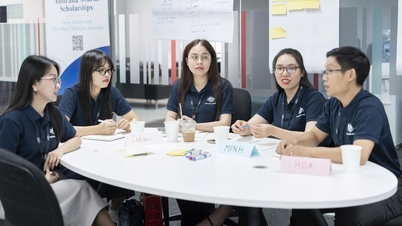

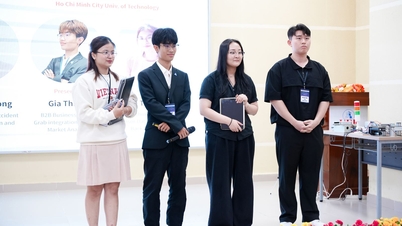
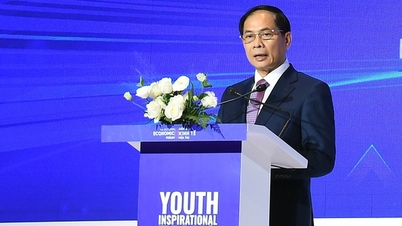



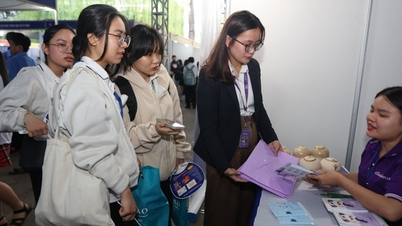





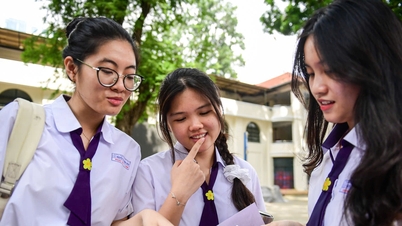




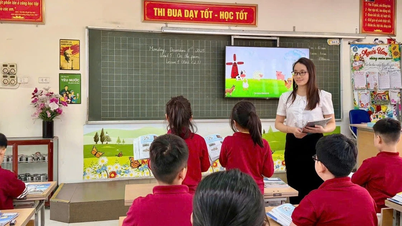





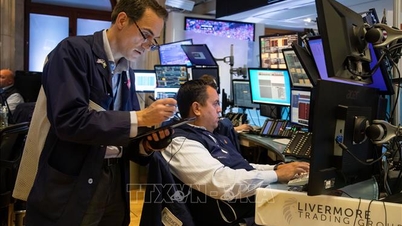


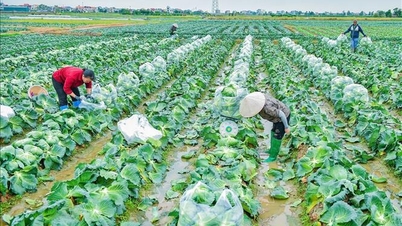
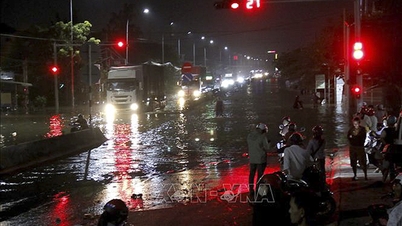
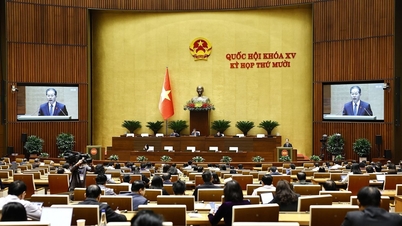

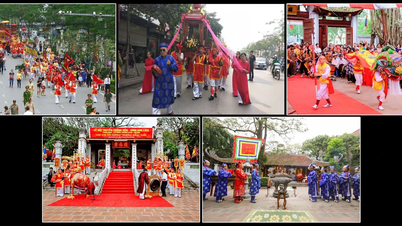

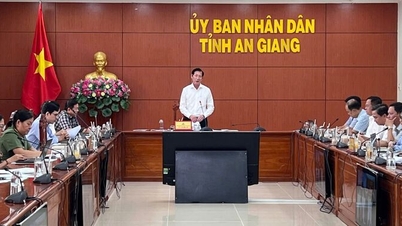



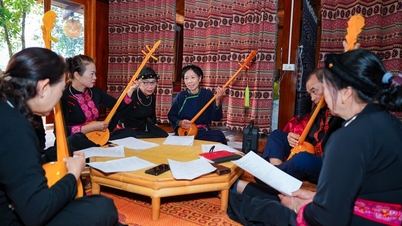



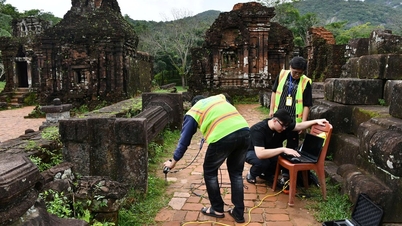




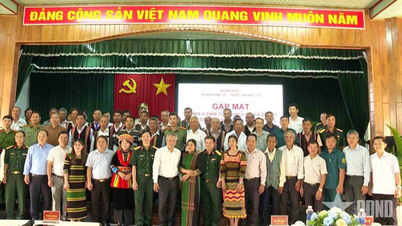

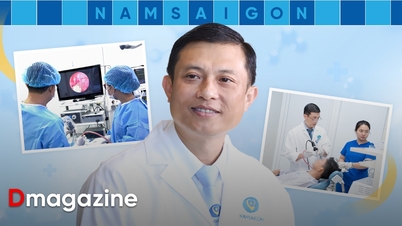

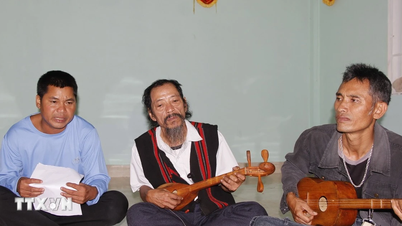
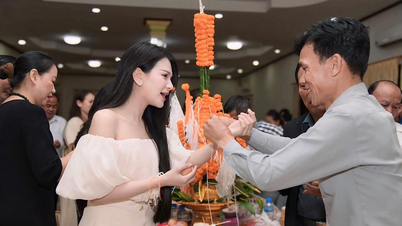



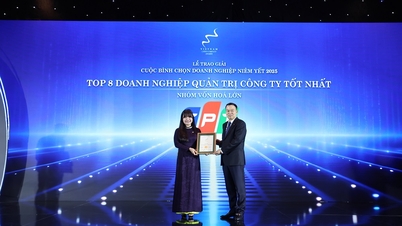

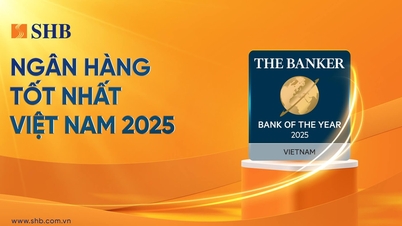

![[VIMC 40 days of lightning speed] Da Nang Port: Unity - Lightning speed - Breakthrough to the finish line](https://vphoto.vietnam.vn/thumb/402x226/vietnam/resource/IMAGE/2025/12/04/1764833540882_cdn_4-12-25.jpeg)
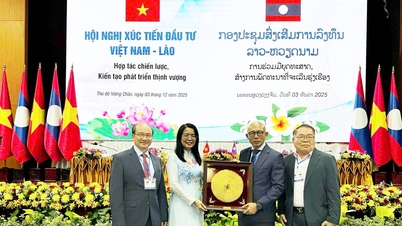
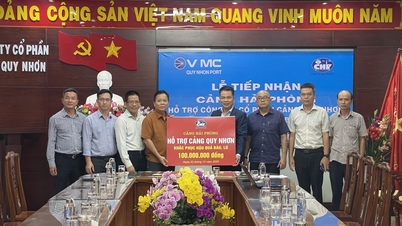







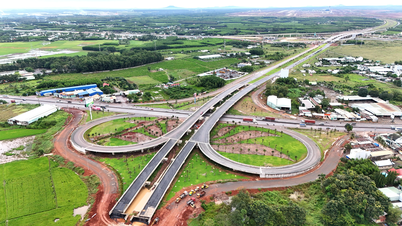

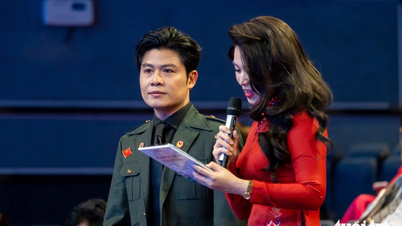

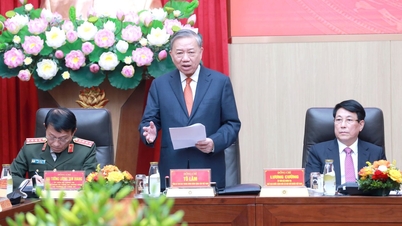

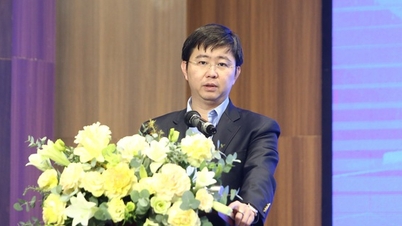

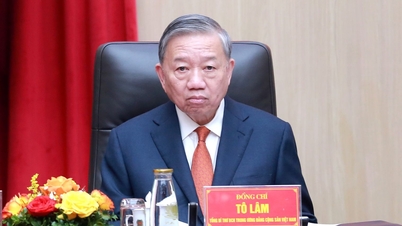





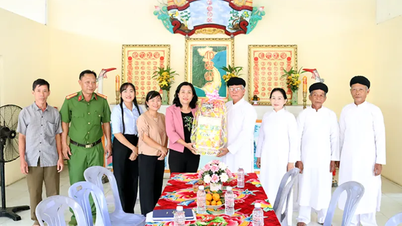

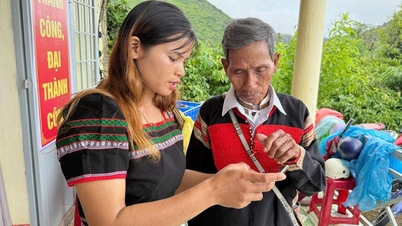



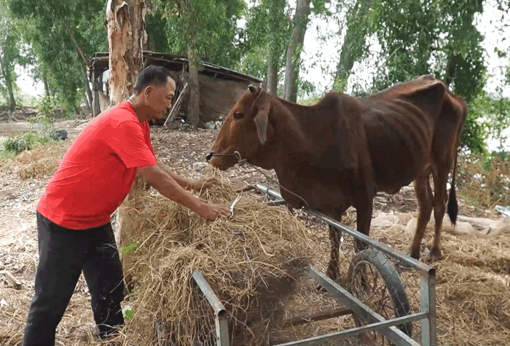

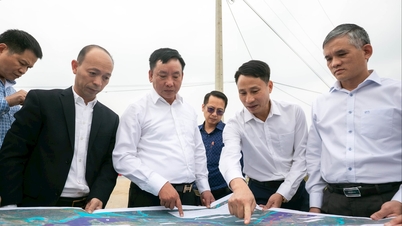









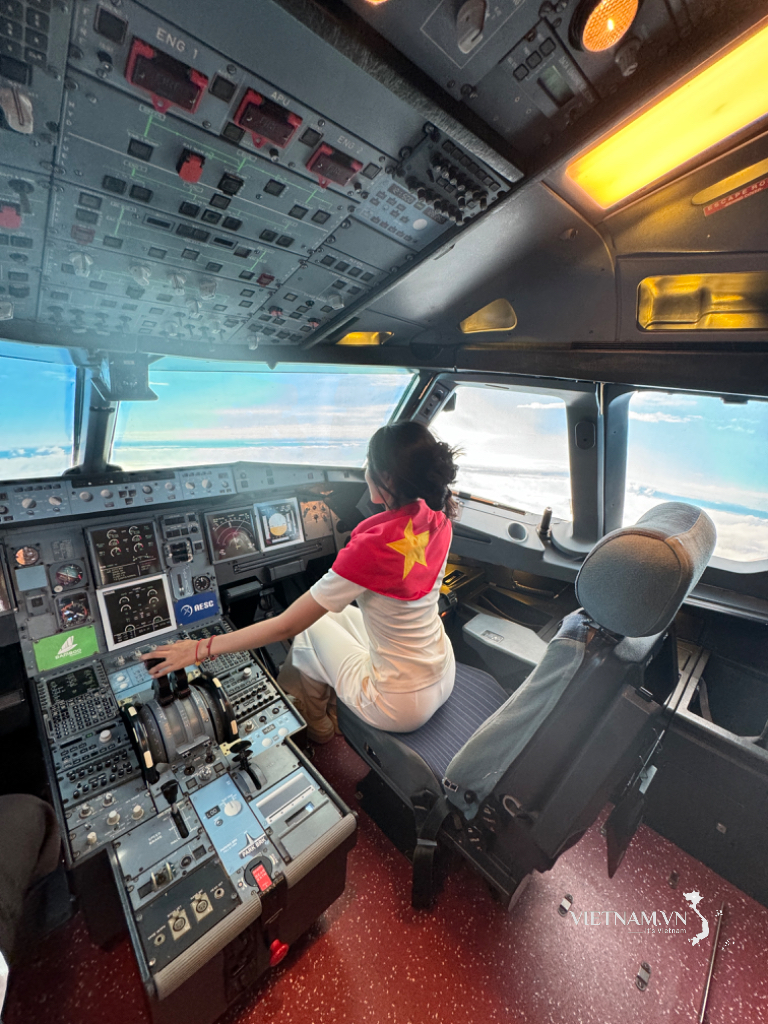



Comment (0)